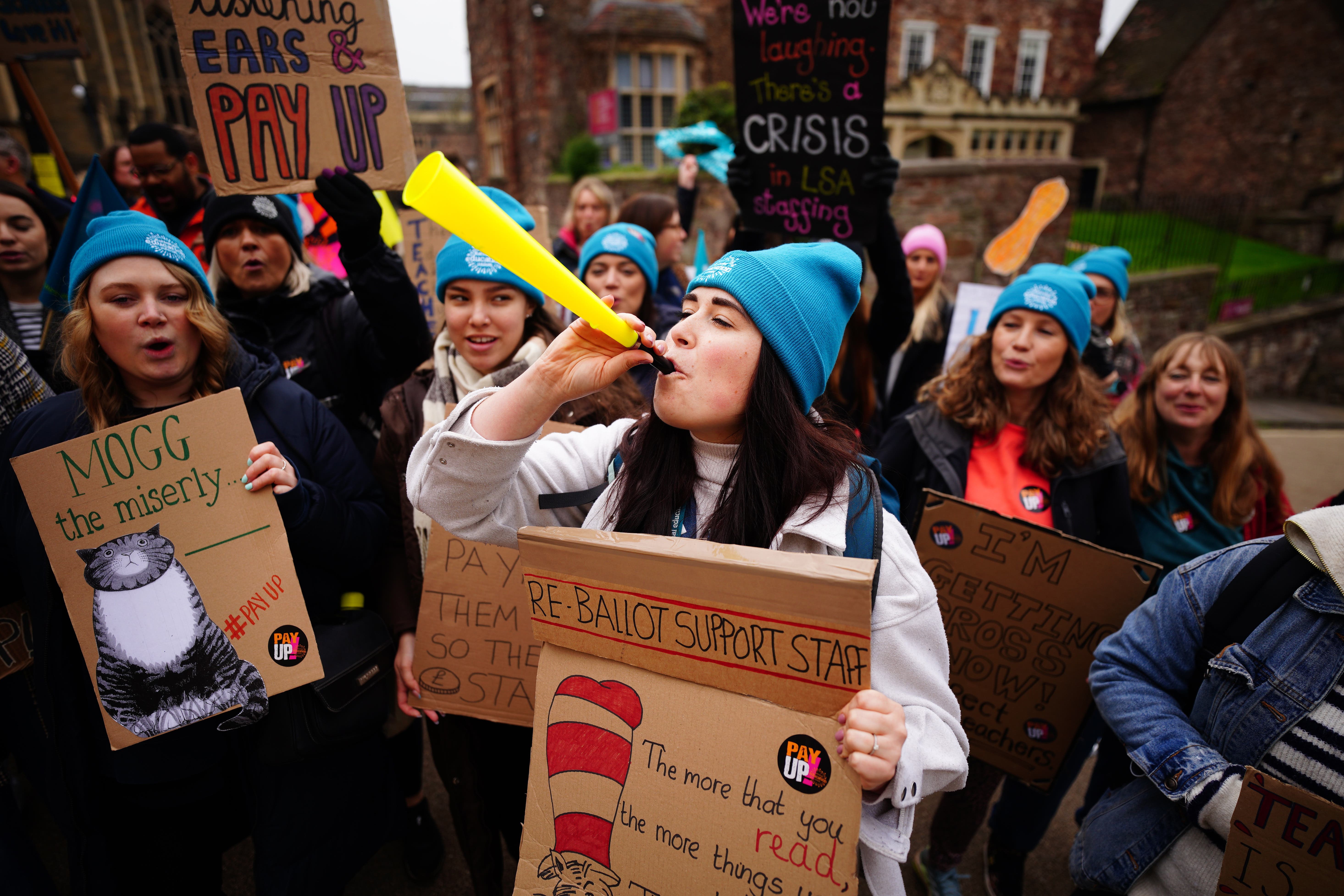Fewer teaching assistants, no field trips: The sad reality facing British schools
It represents a tragedy for the whole country, writes Peter Lampl


Things are tight in schools and getting tighter. Inflation is biting down hard on the ability of headteachers to fund some of the things that matter most. And it is the poorest young people who are suffering most.
These are the headline findings from new research published by the Sutton Trust, which I founded, and based on a poll of more than 1,400 teachers across the country. The picture painted is bleak and saddening, and some of the data is eye-wateringly stark.
Nearly two-thirds of school leaders are reducing the number of teaching assistants they employ, while half report cutting school trips – a figure which rises, depressingly, to 68 per cent in deprived communities.
Let’s be clear that school trips aren’t just disposable jollies, glued on to the curriculum. They can be moments of inspiration in a pupil’s education: events that open their eyes to new possibilities, granting disadvantaged pupils a possibly rare window to a wider world and a whole new sense of what might be available to them if they work hard and do well at school.
But the withering of that resource isn’t even the most worrying finding of our poll. It also emerges that funding in schools is now so tight that heads are increasingly being forced to use the Pupil Premium – the cash that is supposed to be set aside to support the education of the worst-off students – to plug holes in their budgets.
The number of school leaders reporting having to make this unenviable choice now stands at 41 per cent, up from last year’s 33 per cent, and is the highest on record.
This, quite simply, in 2023, is not on. It is unacceptable that school funding in this country has now been so chronically eroded that the young people who need it most are the ones who are having it withdrawn. It represents a tragedy for the whole country.
One of the clearest lessons I have learned from 25 years of campaigning for greater social mobility is that the UK needs to mine as much human capital as it can. We need to enable every potential mathematician, scientist, doctor and engineer to reach their potential – not just the well-off ones.
This patently is not happening right now – and the situation is actually worsening. The pandemic dangerously reversed some of the hard-won progress we have made in social mobility over the last quarter of a century and created a learning gap between wealthy and less well-off students, which inadequate school funding now risks reinforcing.
For obvious reasons – not least of all the ongoing teacher strikes – government investment in education has been in the headlines a lot recently. School leaders have made it abundantly clear that pay increases at the level offered in the last round of talks will force them to make cuts to school staff and activities. Our research indicates that this is already underway in the classroom.
The simple fact is that politicians face a choice. They can invest now, and as a country we can reap for years to come the economic benefits of a better-educated and more socially mobile population.
Or they can fail to invest and watch an entire generation of talent get squandered. As our research shows, the stakes are that high – and the solution that simple.
Sir Peter Lampl is founder and Chairman of the Sutton Trust and Chairman of the Education Endowment Foundation






Join our commenting forum
Join thought-provoking conversations, follow other Independent readers and see their replies
Comments